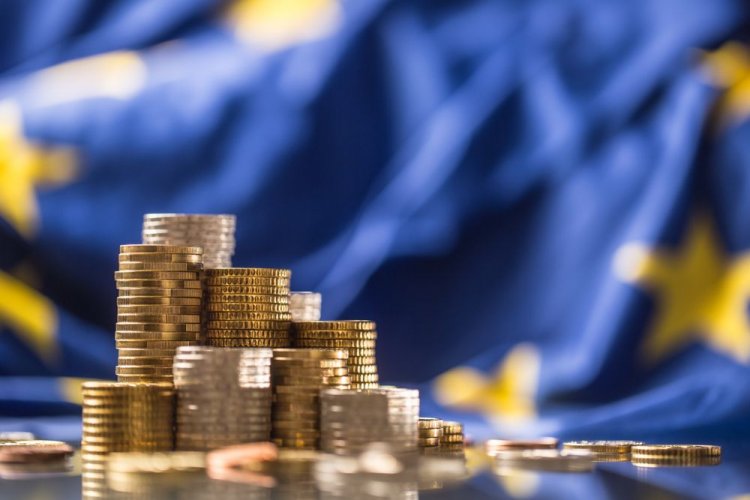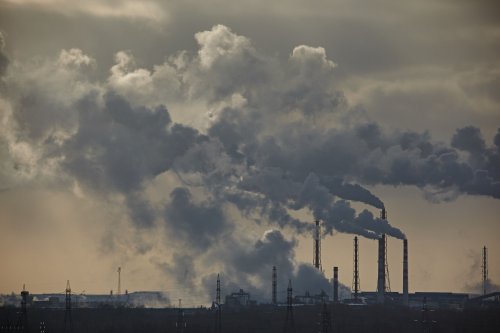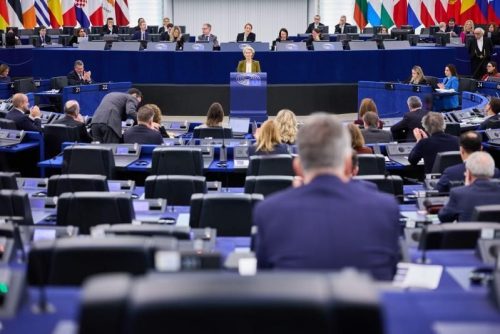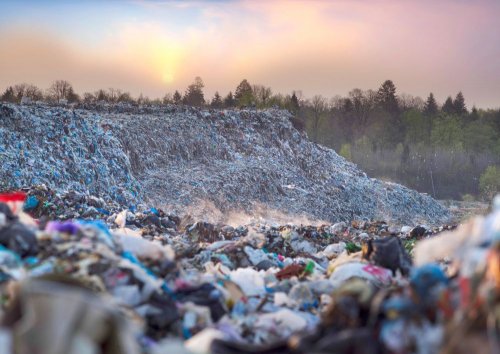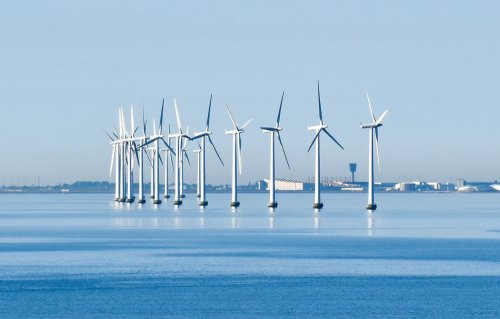European Commission approved up to €5.4 billion in state support for an important project of common European interest (IPCEI) in the value chain of hydrogen technologies.
The "IPCEI Hy2Tech" project was jointly prepared and registered by fifteen member states, reports European Commission.
The project will also support research and innovation in the hydrogen industry. "IPCEI Hy2Tech" joined: Austria, Belgium, Czech Republic, Denmark, Estonia, Finland, France, Germany, Greece, Italy, Netherlands, Poland, Portugal, Slovakia and Spain.
Member states will provide up to €5.4 billion in public funding, which is expected to unlock an additional €8.8 billion in private investment.
IPCEI will include 41 projects from 35 companies, including 8 small and medium-sized enterprises and startups operating in one or more member states. Direct participants will work closely with each other through numerous planned collaborations and with more than 300 external partners such as universities, research organizations and SMEs across Europe.
"Hydrogen has huge potential for the future. It is an indispensable component for the diversification of energy sources and the green transition. However, investments in such innovative technologies can be risky for a single Member State or individual company. This is where the state aid rules for IPCEI come into play. "Today's project is an example of truly ambitious European cooperation to achieve a key common goal. It also shows how competition policy works hand in hand with breakthrough innovation," said Executive Vice President Margrethe Vestager.
Internal Market Commissioner Thierry Breton said that promoting the development and deployment of hydrogen technologies will help create jobs and growth across Europe, as well as contribute to our green and sustainable agenda. This ensures a clean transition of energy-intensive industries and increases independence from fossil fuels.
“Thanks to this IPCEI, we see that hydrogen production in the EU is moving "from the laboratory to the factory"; and our industry is turning technological prowess into commercial leadership. And of course, we don't just support hydrogen through funding. We have also made strong progress in building partnerships through the Clean Hydrogen Alliance and are developing Europe-wide rules to secure the hydrogen market and build dedicated infrastructure. Because we know what is at stake: Europe's position as a leading region for the transformation of the hydrogen industry," he said.
IPCEI will cover a wide part of the hydrogen technology value chain, including:
- production of hydrogen;
- fuel cells;
- storage, transportation and distribution of hydrogen;
- applications for end users in particular in the mobility sector.
It is expected to contribute to the development of important technological breakthroughs, including new highly efficient electrode materials, more productive fuel cells, innovative transport technologies, among which hydrogen mobile technologies have been introduced for the first time.
IPCEI is expected to create approximately 20,000 direct jobs.
The European Commission assessed the proposed project in accordance with EU rules on state aid.
Where private initiatives supporting disruptive innovation cannot be implemented due to the significant risks associated with such projects, the IPCEI allows Member States to jointly fill the gap to address these market failures. At the same time, they ensure that the EU economy as a whole benefits from investment and limit potential distortions of competition.
The commission found that IPCEI Hy2Tech meets the necessary conditions for state aid.
In particular, the Commission concluded that:
- The project contributes to the common goal by supporting a key strategic value chain for the future of Europe, as well as the objectives of key EU policy initiatives such as the Green Deal, the EU Hydrogen Strategy and REPowerEU.
- All 41 projects that make up the IPCEI are very ambitious, as they aim to develop technologies and processes that go beyond what the market currently offers and will allow for significant improvements in productivity, safety, environmental impact, as well as economic efficiency.
- IPCEI also involves significant technological and financial risks, so government support is needed to encourage companies to invest.
- Aid to individual companies is limited to what is necessary, proportionate and does not unduly distort competition. The total planned maximum aid amounts correspond to the eligible costs of the projects and their funding shortfalls. In addition, if the large projects covered by the IPCEI prove to be very successful and generate additional net revenues, the companies will return some of the aid received.
- The results of the project will be widely shared by participating companies, which will benefit from public support, with the European scientific community and industry, in addition to the companies and countries that are part of ICPEI. As a result, positive spin-offs will be created across Europe.
The terms of this IPCEI vary depending on individual projects and companies involved.
The direct participants, the member states that support them, and the various technological areas are:
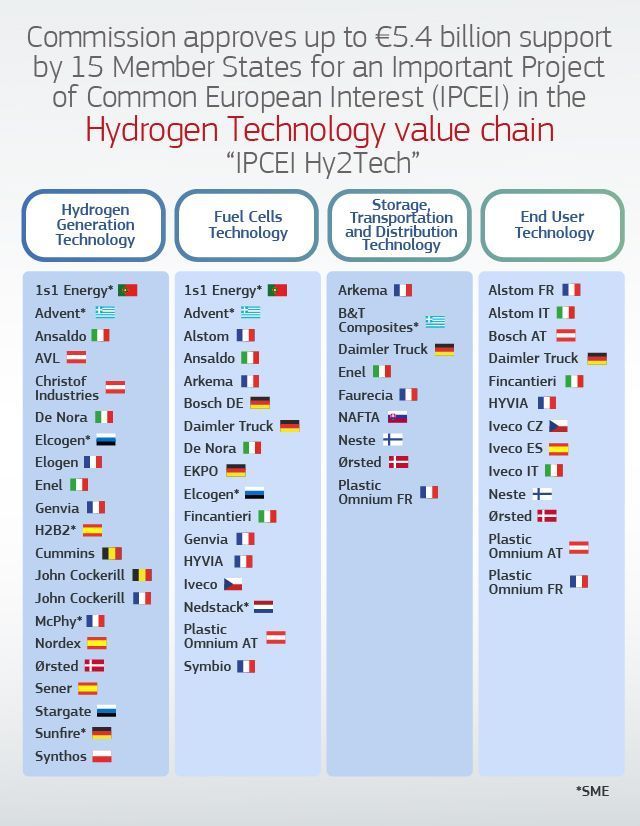
The Commission's approval of this IPCEI is part of the Commission's wider efforts to support the development of an innovative and sustainable European hydrogen industry.
Earlier EcoPolitic wrote, that the four largest political groups of the European Parliament submitted joint amendments to the revised law on energy efficiency and propose to increase energy saving target up to 14.5% until 2030.
As EcoPolitic previously reported, the EU wants to establish new rules for companies under which only those products will be allowed on the European market not involved in deforestation.

